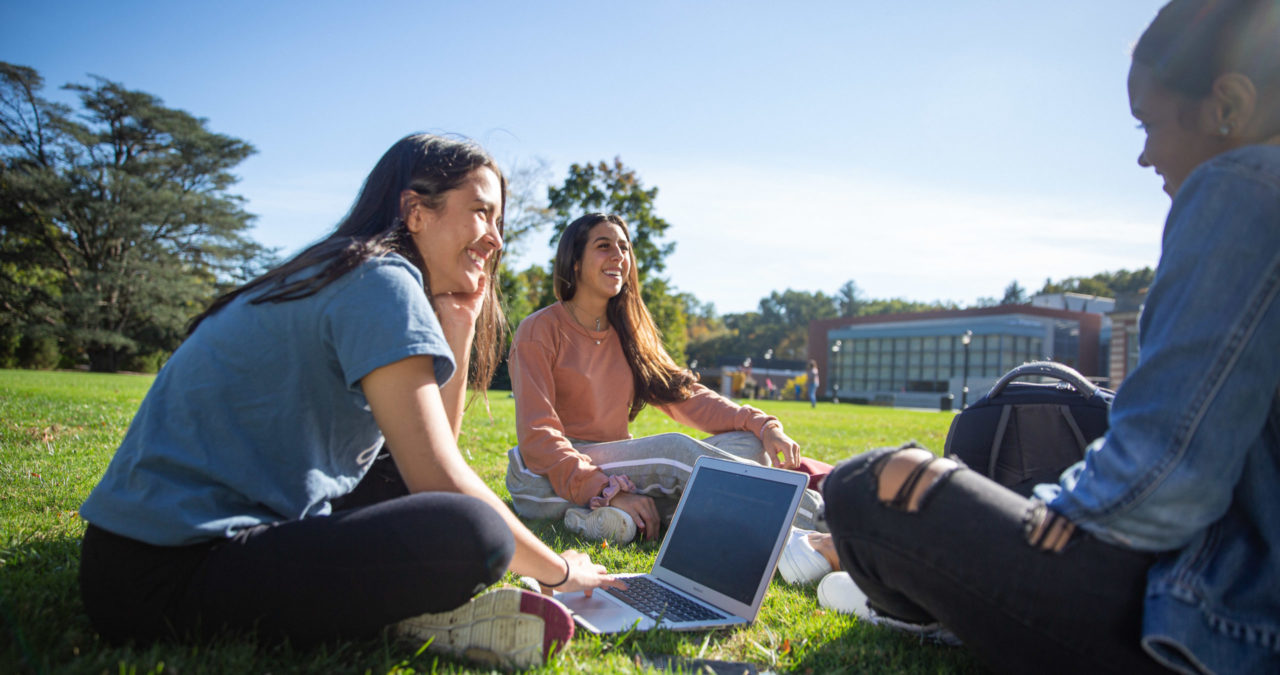Florham Student Life

When students think of college, their first thoughts are usually of the classroom. But lectures and labs are just a part of the total college experience. College is your chance to interact with people whose backgrounds are different from your own — to try out a new sport or activity you’ve never done before.
More than half of Florham Campus students participate in a sport. The 50+ clubs students engage in include academic, arts, religious and spiritual, diversity and multicultural, service, social, and recreational. The 10 Greek organizations participate in many philanthropic ventures throughout the academic year.
You can sign-up for a free trip to a Broadway show, professional sports game, museum, or cultural celebration
Go to an on-campus program such as Devil Days, Pep Rally, Haunted Mansion, Ian’s Luau, Wild West, Devils World, Club Fair, Ian’s Birthday, or Meet the Greeks. Try a novelty program like DIY terrariums, Lego bingo, paint and sips, Stuff a Plush, friendship bracelets, journal decorating, or DIY suncatchers. How about a food program like donut stress, funnel cakes, coffee bar, chocolate fountain, walking tacos or nacho bar? Diversity programs include West Indian Student Organization Rep Ya Flag, Taste of Culture, Interfaith Mixer, Indian Sweets and Henna Art, or Bachata Night. Many of these activities are created and sponsored by students.
The opportunities are endless, and you are encouraged to challenge yourself, push your comfort zone, and gain experiences while having fun!